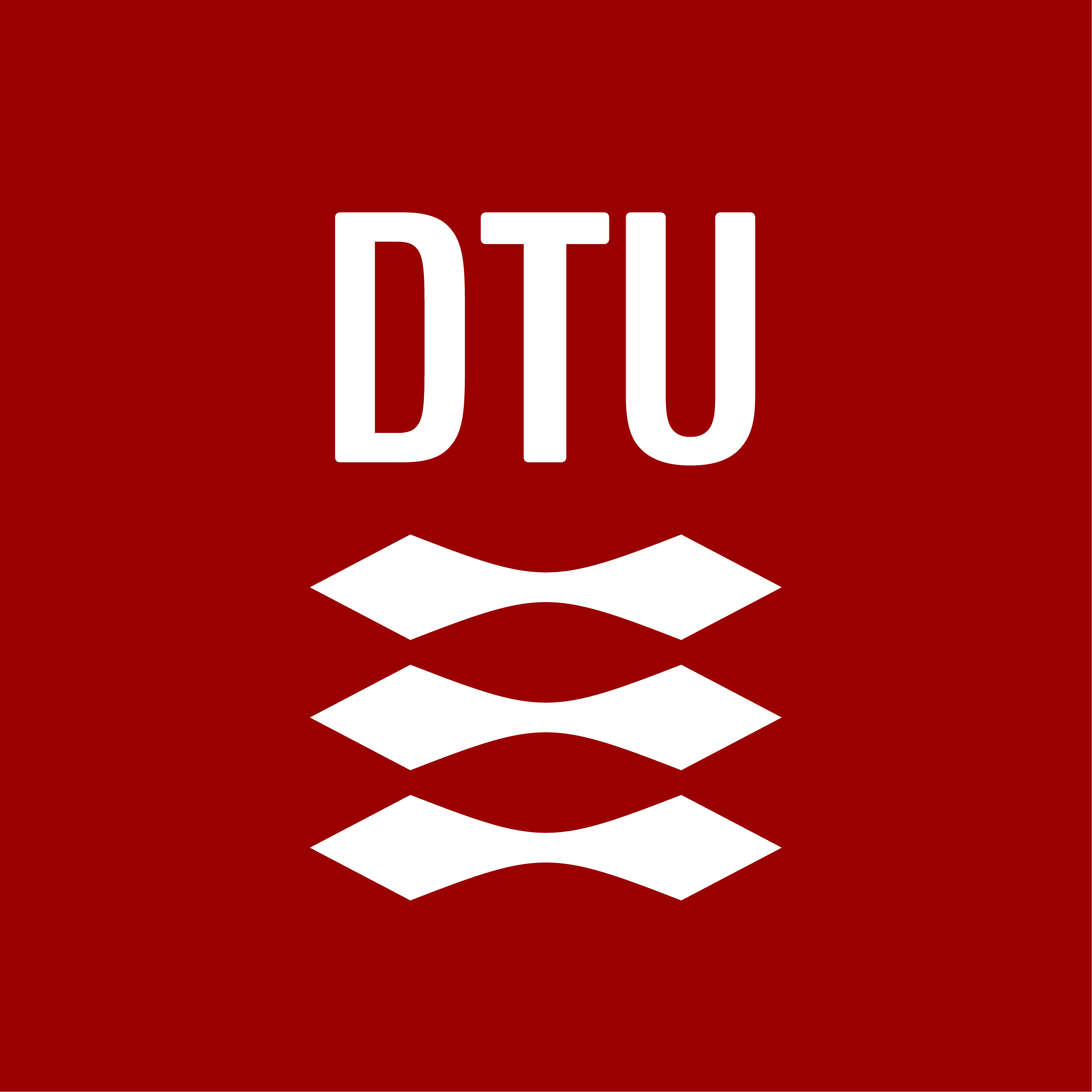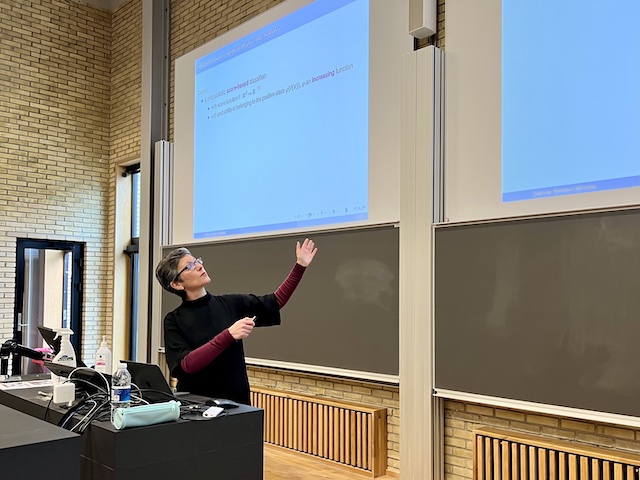Counterfactual Analysis in Benchmarking
Dolores Romero Morales, Copenhagen Business School
01 February 2023
Traditional benchmarking based on simple key performance indicators is widely used and easy to understand. Unfortunately, such indicators cannot fully capture the complex relationship between multiple inputs and outputs in most firms. Data Envelopment Analysis (DEA) offers an attractive alternative. It builds an activity analysis model of best practices considering the multiple inputs used and products and services produced. This allows more substantial evaluations and also offers a framework that can support many other operational, tactical and strategic planning efforts.
Unfortunately, a DEA model may be hard to understand by managers. In turn, this may lead to mistrust in the model, and to difficulties in deriving actionable information from the model beyond the efficiency scores. In this paper, we propose the use of counterfactual analysis to overcome these problems. We define DEA counterfactual instances as alternative combinations of inputs and outputs that are close to the original inputs and outputs of the firm and lead to desired improvements in its performance. We formulate the problem of finding counterfactual explanations in DEA as a bilevel optimization model. For a rich class of cost functions, reflecting the effort an inefficient firm will need to spend to change to its counterfactual, finding counterfactual explanations boils down to solving Mixed Integer Convex Quadratic Problems with linear constraints. We illustrate our approach using both a small numerical example and a real-world dataset on banking branches.
This is joint work with Peter Bogetoft and Jasone Ramírez-Ayerbe.
About the speaker
Dolores Romero Morales is a Professor in Operations Research at Copenhagen Business School. Her areas of expertise include Data Science, Supply Chain Optimization and Revenue Management. In Data Science she investigates interpretability and visualization matters. In Supply Chain Optimization she works on environmental issues and robustness. In Revenue Management she works on large-scale network models. Her work has appeared in a variety of leading scholarly journals, including European Journal of Operational Research, Management Science, Mathematical Programming and Operations Research, and has received various distinctions. Currently, she is Editor-in-Chief to TOP, the Operations Research journal of the Spanish Society of Statistics and Operations Research, and an Associate Editor of Omega and the INFORMS Journal on Data Science.
She has worked with and advised various companies on these topics, including IBM, SAS, KLM and Radisson Edwardian Hotels, as a result of which these companies managed to improve some of their practices. SAS named her an Honorary SAS Fellow and member of the SAS Academic Advisory Board. She currently leads the EU H2020-MSCA-RISE NeEDS project, which has a total of 15 participants and a budget of more than €1.000.000 for intersectoral and international mobility, with the aim to improve the state of the art in Data Driven Decision Making.
Dolores joined Copenhagen Business School in 2014. Prior to coming to Copenhagen Business School, she was a Full Professor at University of Oxford (2003-2014) and an Assistant Professor at Maastricht University (2000-2003). She has a BSc and an MSc in Mathematics from Universidad de Sevilla and a PhD in Operations Research from Erasmus University Rotterdam.

